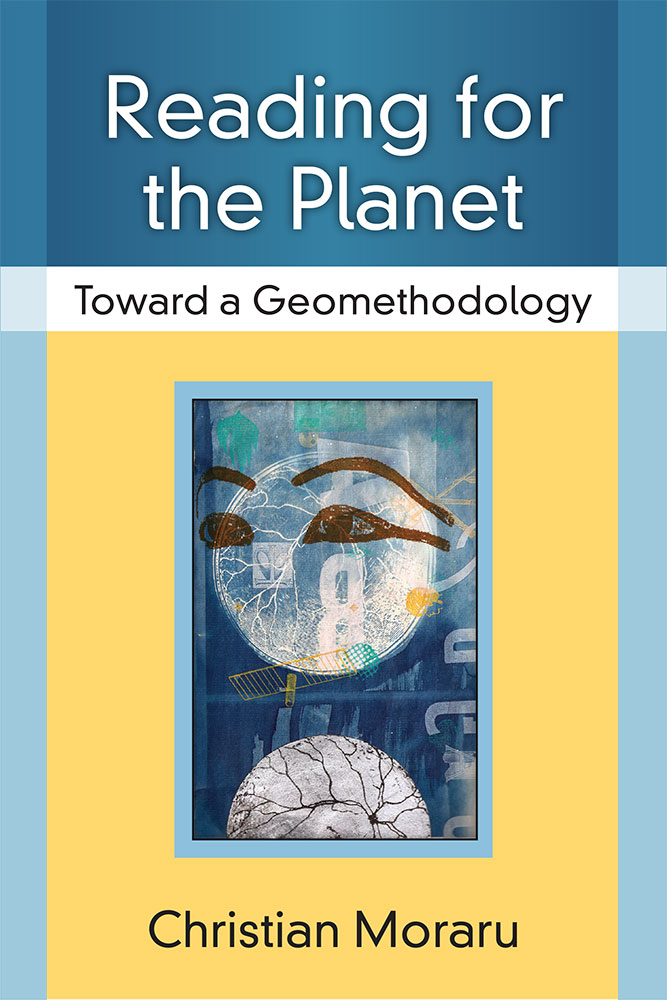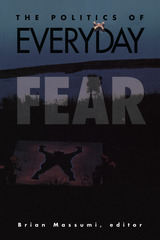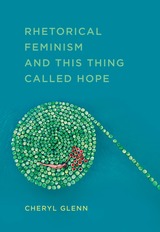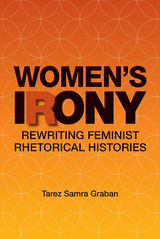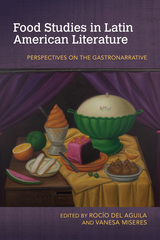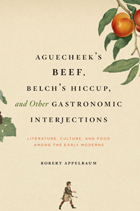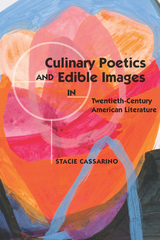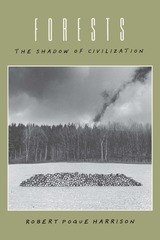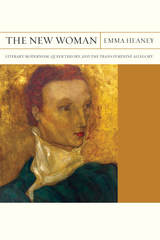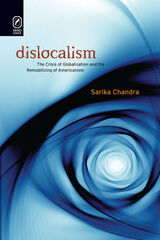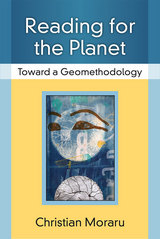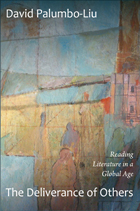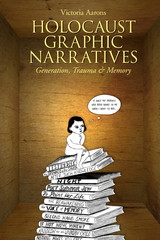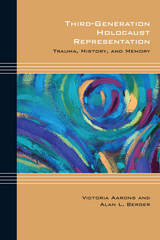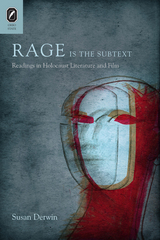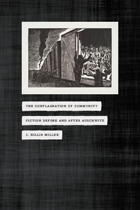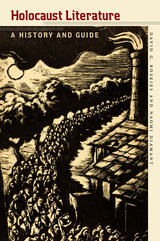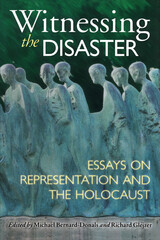Reading for the Planet: Toward a Geomethodology
University of Michigan Press, 2015
eISBN: 978-0-472-12132-8 | Cloth: 978-0-472-07279-8 | Paper: 978-0-472-05279-0
Library of Congress Classification PN56.G55M67 2015
Dewey Decimal Classification 809.93355
eISBN: 978-0-472-12132-8 | Cloth: 978-0-472-07279-8 | Paper: 978-0-472-05279-0
Library of Congress Classification PN56.G55M67 2015
Dewey Decimal Classification 809.93355
ABOUT THIS BOOK | AUTHOR BIOGRAPHY | TOC | REQUEST ACCESSIBLE FILE
ABOUT THIS BOOK
In his new book, Christian Moraru argues that post-Cold War culture in general and, in particular, the literature, philosophy, and theory produced since 9/11 foreground an emergent “planetary” imaginary—a “planetarism”—binding in unprecedented ways the world’s peoples, traditions, and aesthetic practices. This imaginary, Moraru further contends, speaks to a world condition (“planetarity”) increasingly exhibited by human expression worldwide. Grappling with the symptoms of planetarity in the arts and the human sciences, the author insists, is a major challenge for today’s scholars—a challenge Reading for the Planet means to address. Thus, Moraru takes decisive steps toward a critical methodology—a “geomethodology”—for dealing with planetarism’s aesthetic and philosophical projections. Here, Moraru analyzes novels by Joseph O’Neill, Mircea Cartarescu, Sorj Chalandon, Zadie Smith, Orhan Pamuk, and Dai Sijie, among others, as demonstration of his paradigm.
See other books on: Intercultural communication in literature | Literature and globalization | Moraru, Christian | Planet | Toward
See other titles from University of Michigan Press
